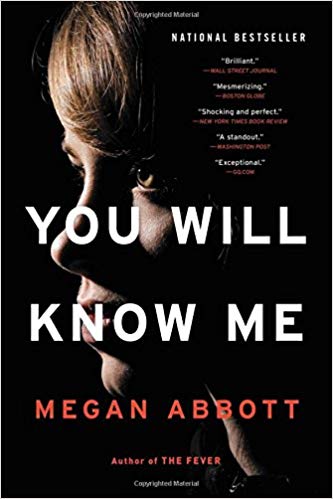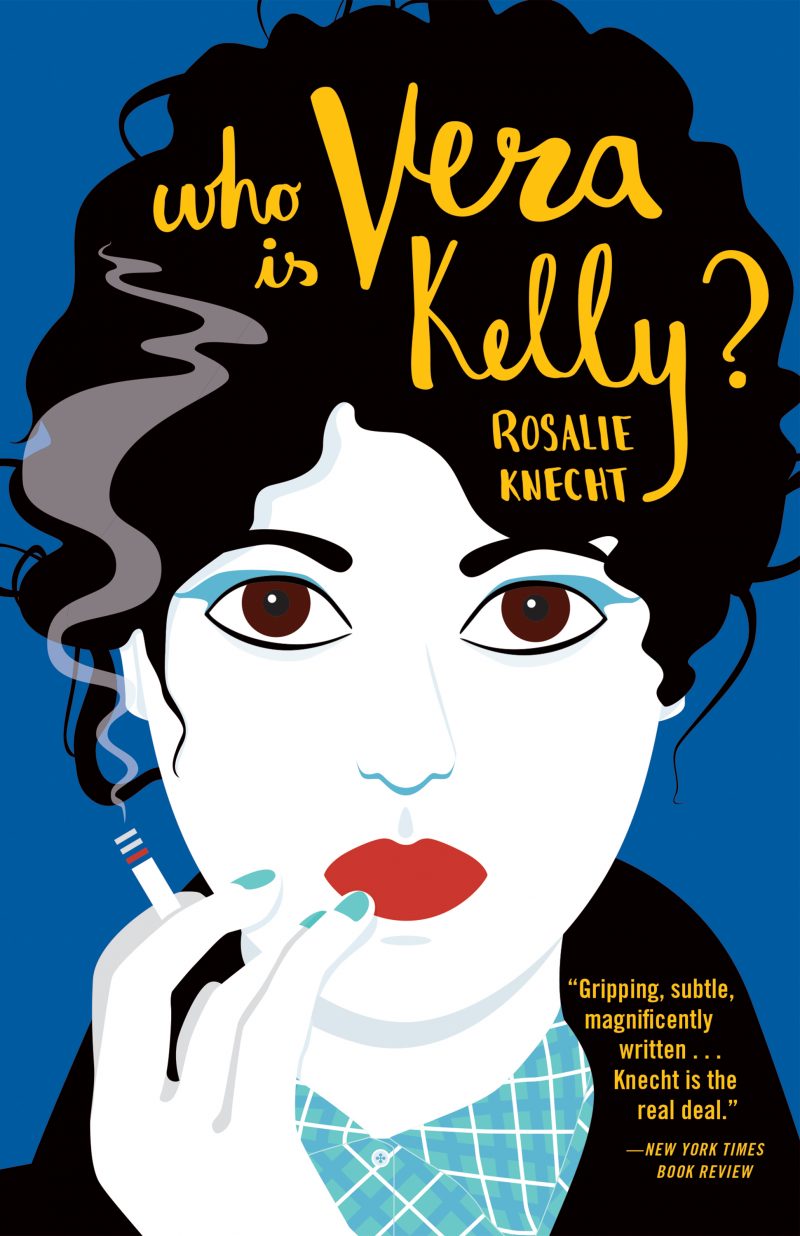
I have loved all of Sarah Bird’s novels, starting with her first, ALAMO HOUSE. She’s a Romance writer in the way that Beethoven could write a catchy tune–she’s all that and so much more. Her novels are grounded in the sweaty, itchy, broken-down reality of daily life and have all the more heart because of it.
When I saw that her latest book was a Western (a category as ill-fitting and Procrustean as “Romance”), I had a moment of doubt, but I should have known better. This is a Sarah Bird novel on steroids, with an irresistible narrative voice, research so compelling you can see, hear, and (especially) smell everything, an addictive plot, and an unswerving moral compass. Like Joe R. Lansdale’s superb PARADISE SKY, it deals with nearly forgotten African-American contributions to US history, but is absolutely its own novel.
DAUGHTER has replaced THE FLAMENCO ACADEMY as my favorite Sarah Bird novel. It’s a stunning achievement and a terrific read.


